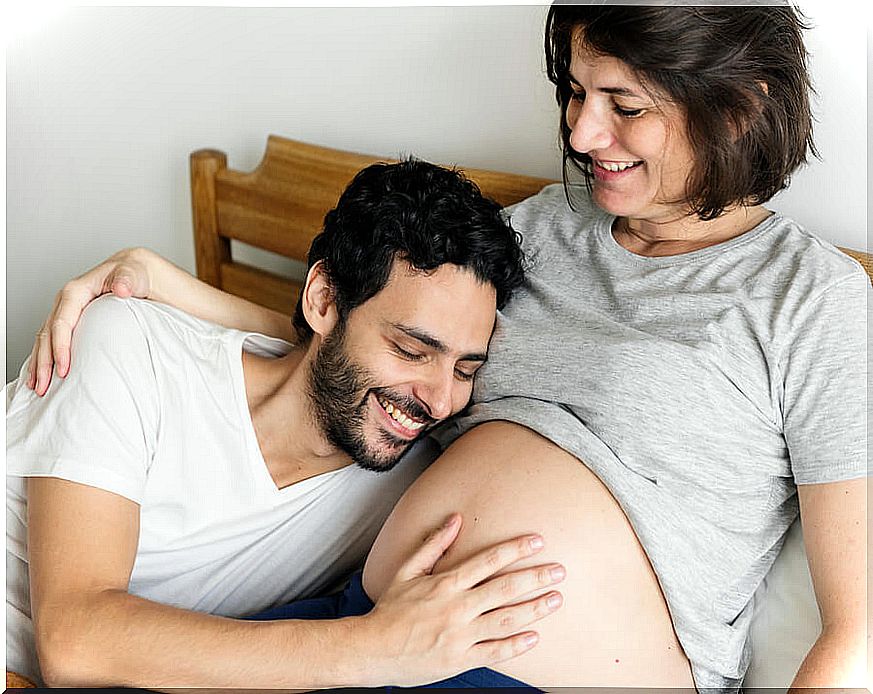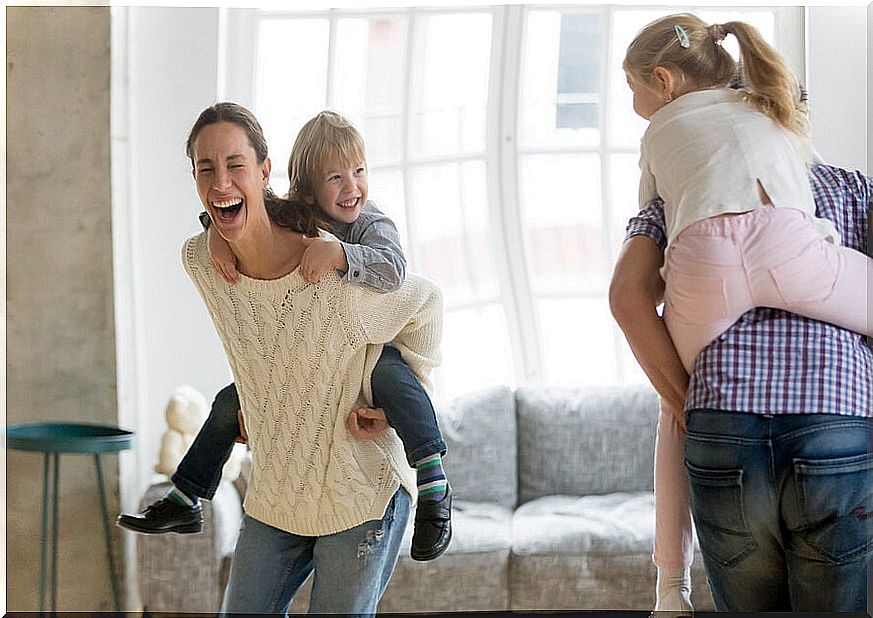Registration In The Registry: The Order Of Surnames

The arrival of a newborn causes parents to have to agree on its name. As if that were not enough, now the parents must also decide the order of the surnames that the little one will inherit. In this way, among other things, it will be avoided that the maternal surname is automatically lost.
Since 2000, in Spain it was already possible to use the mother’s surname. However, it was only in 2017 when it was officially done. This is a change that aims to bring parents closer to equality when it comes to having the right to transmit their surname to their children.
The law requires parents to decide the order of the newborn’s surnames within a maximum period of 3 days. If the couple has more children, they must maintain the order of surnames that they selected for the first one.
From this moment on, the popular tradition of bearing the father’s name has disappeared. This causes the parents to agree on the order of the baby’s last names.
Once the decision has been made, the first step for registration is to send a declaration of mutual agreement to the judge in charge of the Civil Registry, along with an application. In addition, it will be necessary to present the literal certification of the registration of his birth and the documents that prove the circumstances that justify the request for the change.

The father’s last name no longer takes precedence
Generally, the newborn is given two surnames; the first usually coincides with the father’s name and the second is the first one that the mother has. However, there is the possibility of altering the order.
As we have commented previously, a law proclaimed on June 30, 2017 authorized that, as of that date, the father’s last name would cease to have preference. This was a new advance towards equality, since since 2000 it was already possible to grant the surname of the mother to Spanish minors.
This means that we are facing a new scenario, in which it is possible to choose both the father’s and mother’s surname. For this to be possible, there must be an agreement between the parents and a written request to the judge in charge of the Civil Registry.
Certainly, this legislation affects all the children of the couple. The new law respects the interest of the minor and not the father’s surname by default, in the event that there is no understanding between the adults. This change promotes equality and the obligation to agree on the names of the children.
On the other hand, in the case of adopted children, the same procedure will be required : the parents will be in charge of deliberately choosing the order of the surnames.
What happens in other countries with the order of surnames?
Unlike Spain, there are many countries that seem satisfied with the order of their children’s surnames. On the one hand, Sweden and Portugal also allow you to choose the order of the surnames. On the other hand, France maintains only the father’s surname, as does Belgium, which uses only one surname, the paternal one.
The same happens even in Anglo-Saxon culture, in which tradition dictates that children acquire only the father’s surname; something similar happens in Asian countries. For example, in China, women retain their maiden name after marrying, although it will be the child’s father who decides the order of the children’s surname.

In Japan, a woman loses her surname upon marriage and the offspring automatically receive the surname of the father. In Arab culture, meanwhile, what happens is that children have only one surname, which comes from the father’s side.
Finally, remember that the registration of the order of the newborn’s surnames is a mandatory option that all parents must do. The fact of being able to use the mother’s last name is a measure that aims to fight for equality and guarantee the same options to keep the last name.
Along these lines, we recommend that if you are waiting for the baby to arrive, you begin to discuss in a consensual way what is the name and first surname that you plan for your child to carry.










